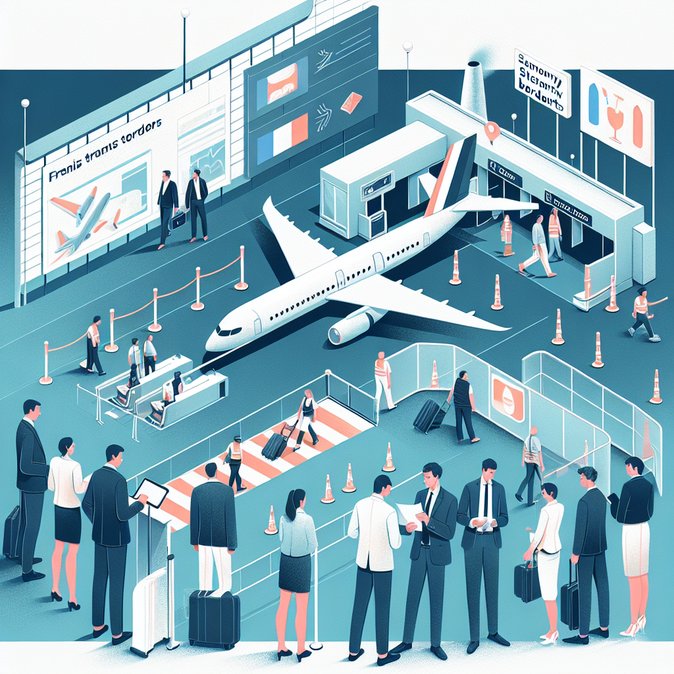
Less than two weeks after the EU’s Entry/Exit System (EES) went live on 12 October, French media offered practical guidance on 24 October 2025 for travellers already enrolled in the biometric database. Once fingerprints and a facial image are captured on the initial crossing, subsequent entries require only a passport scan and facial match, reducing processing time to about 20 seconds at automated gates, according to French border-police trials at CDG and the Eurotunnel terminal.
However, officials warn of learning curves: families with children under 12 still need manual booths, and non-EU residents with dual passports must consistently use the same document. Airlines operating pre-departure self-service kiosks plan to integrate EES status checks by summer 2026 to avert last-minute gate rejections.
Business-travel stakeholders praise the system’s potential to curb overstays but complain about limited capacity at regional airports such as Marseille and Lyon, where only two e-gates are EES-compatible. HR teams should advise frequent travellers to allow extra time during the transition phase and to carry proof of residence (carte de séjour) until the process stabilises.
The article also reminds Britons and other visa-exempt nationals that EES is separate from ETIAS, the travel authorisation now postponed to 2027, meaning they must still complete ETIAS once implemented even if already registered in EES.
However, officials warn of learning curves: families with children under 12 still need manual booths, and non-EU residents with dual passports must consistently use the same document. Airlines operating pre-departure self-service kiosks plan to integrate EES status checks by summer 2026 to avert last-minute gate rejections.
Business-travel stakeholders praise the system’s potential to curb overstays but complain about limited capacity at regional airports such as Marseille and Lyon, where only two e-gates are EES-compatible. HR teams should advise frequent travellers to allow extra time during the transition phase and to carry proof of residence (carte de séjour) until the process stabilises.
The article also reminds Britons and other visa-exempt nationals that EES is separate from ETIAS, the travel authorisation now postponed to 2027, meaning they must still complete ETIAS once implemented even if already registered in EES.










